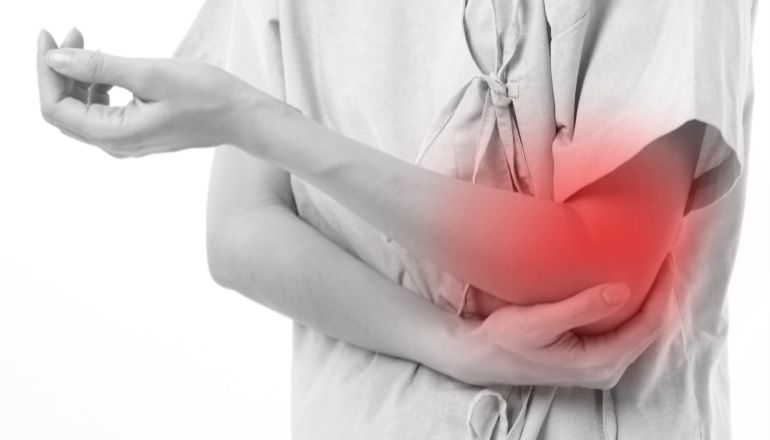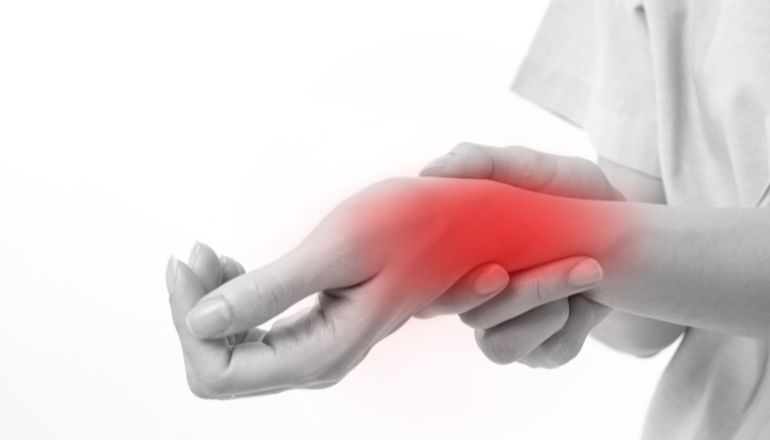Author: Dr.Reneesh (Specialist Orthopedic – WELLKINS Medical Centre)
When you have Arthritis, the cartilage in your joints begins to break down and becomes inflamed or swollen, frequently as a result of overuse or normal wear and tear. The disintegration of your cartilage essentially results in bone rubbing up against bone, which hurts, stiffens, and swells the affected area.
However, regular joint use is not usually the cause of that inflammation. Other types of arthritis, however, are brought on by your immune system or another internal bodily material attacking your joints. Therefore, it’s crucial to see a Doctor if you notice persistent swelling or aches in your joints.
When you have arthritis, the cartilage in your joints begins to break down and becomes inflamed or swollen, frequently as a result of overuse or normal wear and tear. The disintegration of your cartilage essentially results in bone rubbing up against bone, which hurts, stiffens, and swells the affected area.
Types of Arthritis
Osteoarthritis:
The most prevalent and well-known type of arthritis, osteoarthritis is brought on by the deterioration of the cartilage in your joints. This type of arthritis typically affects those who are elderly or obese, and it is frequently known to impact more weight-bearing joints (such as the hips, knees, and ankles).
Rheumatoid Arthritis:
Though no research has definitively established the cause of rheumatoid arthritis, we do know that it is an autoimmune illness. This indicates that the body’s immune system starts to attack itself as a result of a chemical imbalance or “confusion” brought on by an infection or virus.
Psoriatic Arthritis:
Most usually affecting people between the ages of 30 and 50, psoriatic arthritis can be identified by itchy skin patches and a burning feeling in the joints.
Symptoms & Signs of Arthritis
- Swelling in the affected joint(s)
- Stiffness when moving
- An aching pain when using the affected joint(s)
- Redness or warmth in the affected area
- A decreased range of motion
Investigations for Arthritis
- Blood
- Xrays
- CT scan
- MRI scan
Treatment for Arthritis
1. Medication:
Your doctor may advise taking medication to help control your pain and symptoms of arthritis, depending on the severity of your condition. Steroids, anti-inflammatories, and medications that affect the course of the disease are a few examples. To find the best medication for you, consult a Doctor
2. Physical therapy:
It entails instructing and safely exercising worn-out joints under the supervision of a Doctor. These exercises assist in building up the muscles that support each joint and increase the patient’s range of motion in the injured joint.
3. Surgery:
Surgery may be considered when a patient’s life is being dictated by chronic forms of arthritis. The most popular surgical procedures for arthritis patients are joint fusion and joint replacement.






